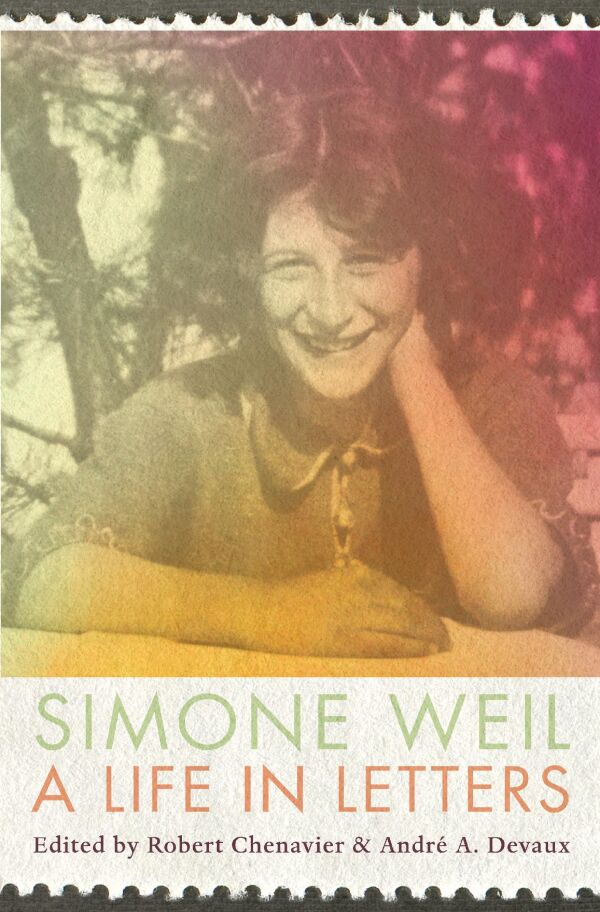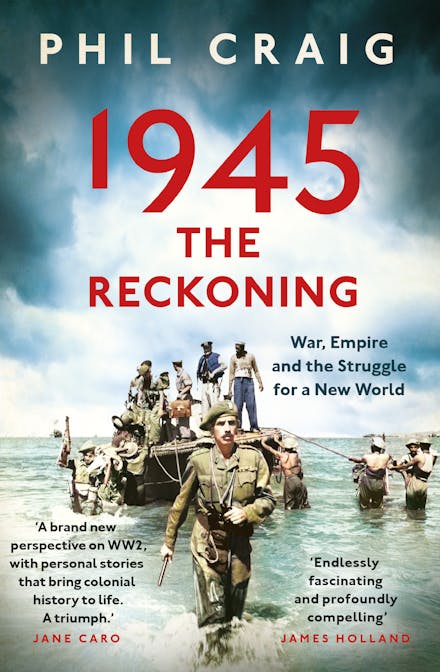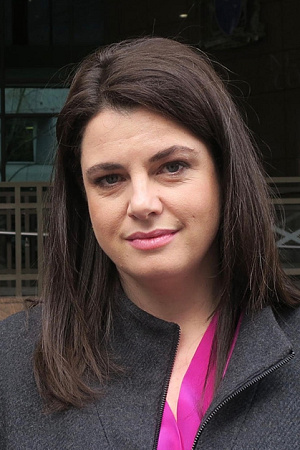Open Page
Open Page with Judith Brett
Where are you happiest?
Camping at Thurra River in the Croajingalong National Park, swimming in its tannin estuary, cooking fresh fish, gossiping while walking its long white beaches, watching the sea eagles soar.
What do you consider the most specious virtue?
Loyalty. It seems an essentially masculine virtue, designed for armies and other hierarchies. Where is the virtue in being loyal to a venal and incompetent manager?
Continue reading for only $10 per month. Subscribe and gain full access to Australian Book Review. Already a subscriber? Sign in. If you need assistance, feel free to contact us.










Leave a comment
If you are an ABR subscriber, you will need to sign in to post a comment.
If you have forgotten your sign in details, or if you receive an error message when trying to submit your comment, please email your comment (and the name of the article to which it relates) to ABR Comments. We will review your comment and, subject to approval, we will post it under your name.
Please note that all comments must be approved by ABR and comply with our Terms & Conditions.